The second lesson of Japanglish is about shopping, especially for fashion and cosmetics lovers. Japan is known for its huge boutique markets and wide-ranged cosmetics brands. No matter male or female, teenagers or grandmothers, outfit and make-up is necessary on all occasion. Therefore, if you are interested in exploring Japanese fashion and cosmetics, learning the “wasei-eigo”/ Japanglish phrases would be very helpful for both on and offline shopping.
Learn more “made-in-Japan-English” words to avoid confusion! Lesson 1 ~Eating & Drinking~
1. Free size/ furisaizu フリーサイズ (one size fits all)
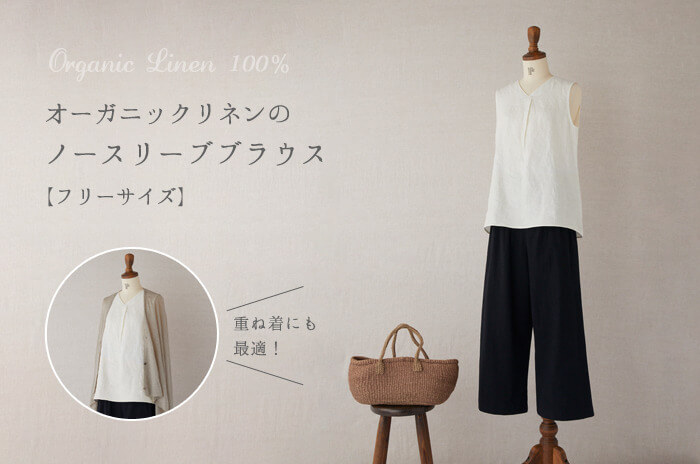
When you find a lovely shirt in a boutique and you would like to look for your size, the staff might answer “free size” and point at the “F” label. The word “free size” means one size fits all, so everyone can feel “free” to wear the shirt (if it’s fit). It is commonly used on tops, hats, jackets, and dresses.
2. One-piece/ wanpisu ワンピース (one-piece dress/ dress)
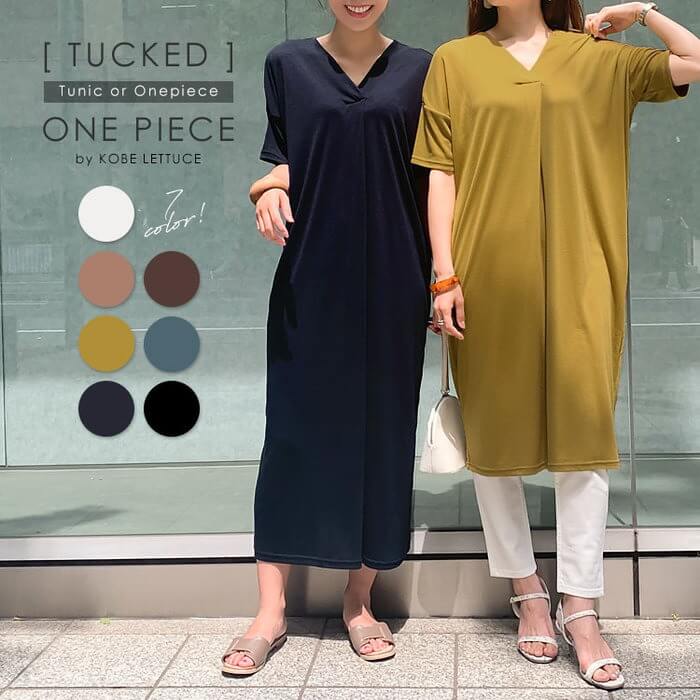
This might remind you of the famous manga, yet, “one-piece” in Japanese refers to the abbreviation of a one-piece dress in English. Meanwhile, “skirt/ sukato”(スカート) equals to both long and short skirt in both Japanese and English.
3. Trainer/ torenaトレーナー (sweatshirt)
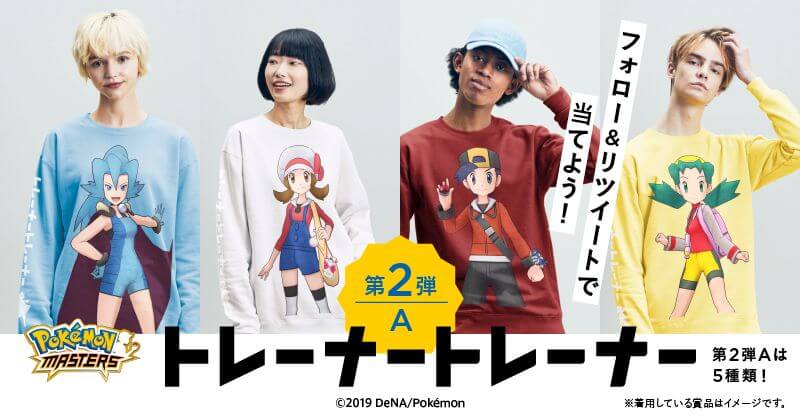
You might think of sneakers or professional dog trainer when you hear the word “trainer” in Japan. However, you will always be surprised! The word trainer means sweatshirt, as some believed coach and athlete often wear a sweatshirt during “training”, so the clothes they wear for training became “trainer”.
4. Beach sandal/ bichi sandaru ビーチサンダル (flip-flops)
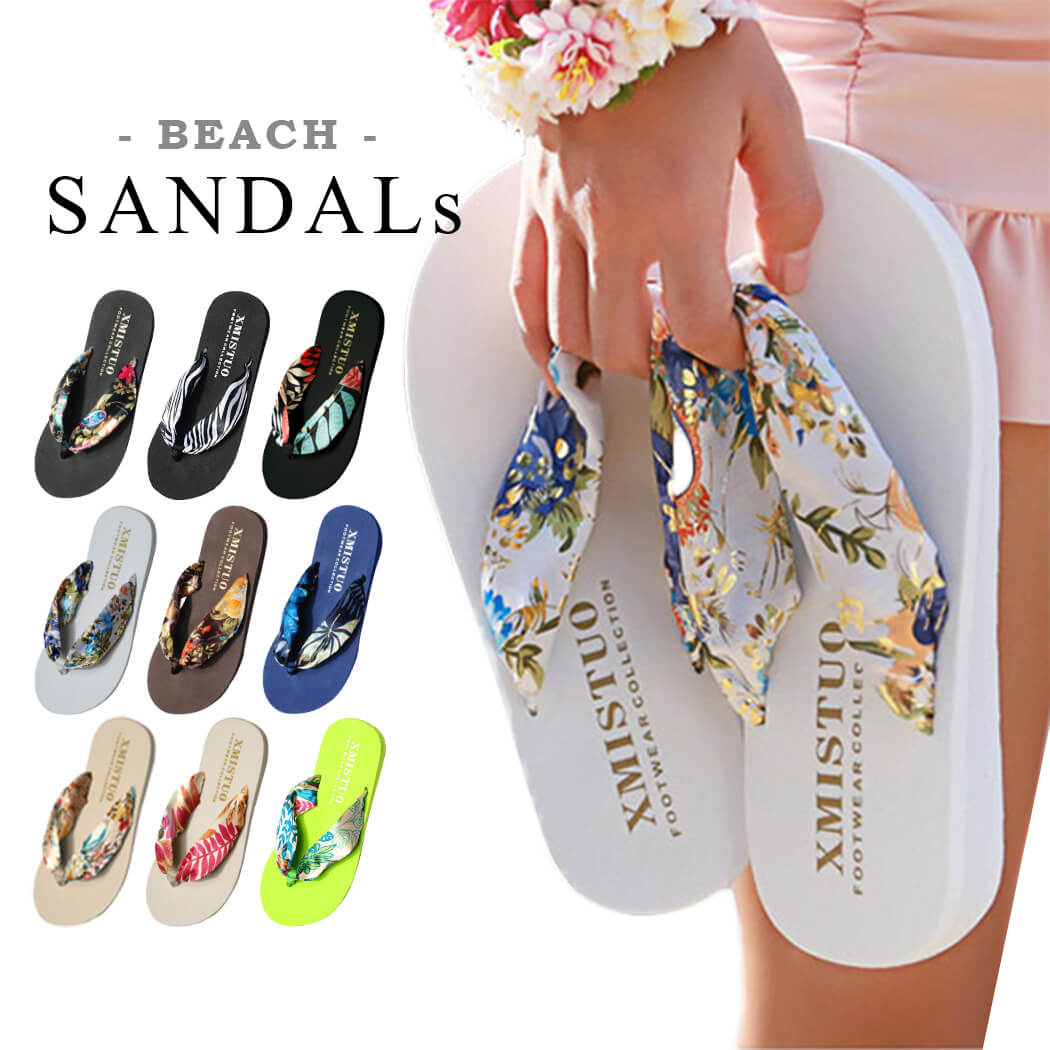
This one is probably the easiest, although the phrase spells differently from its original meaning. In Japan, they categorize sandals which you wear on the beach as “beach sandal”, it is specifically referring to the sandal style — flip-flops.
5. Order made/ oda meido オーダーメイド (custom made, tailor-made)
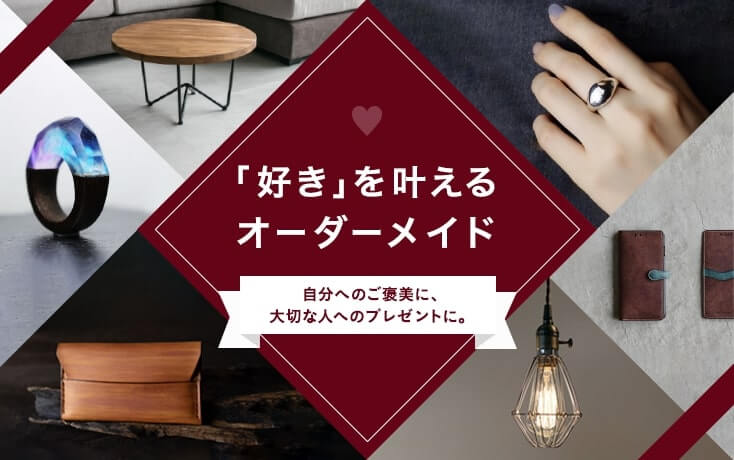
As a country of craftsmanship, custom made bags, suits, accessories, and leather shoes are very common in Japan. They call it “order made” in Japanglish, a combination of “made to order” in English. “Order made” products can be a pleasing present for a friend or a treat to yourself.
6. Cosme/ cosume コスメ (cosmetics)
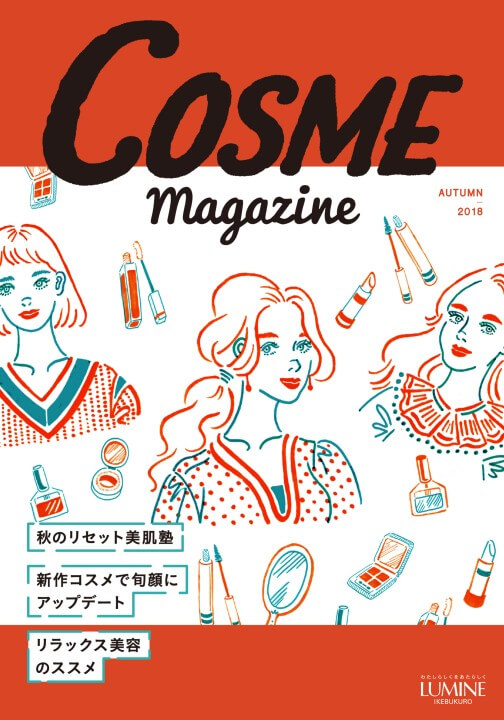
Look for the word “cosme” if you want to buy make-up and skincare products in Japan. The word “cosme” is the short form from the English word “cosmetics”. A famous online cosmetic platform and magazine called @cosme (アットコスメ) is also named after this Japanglish word.
7. Lip/ ripu リップ (lipsticks)
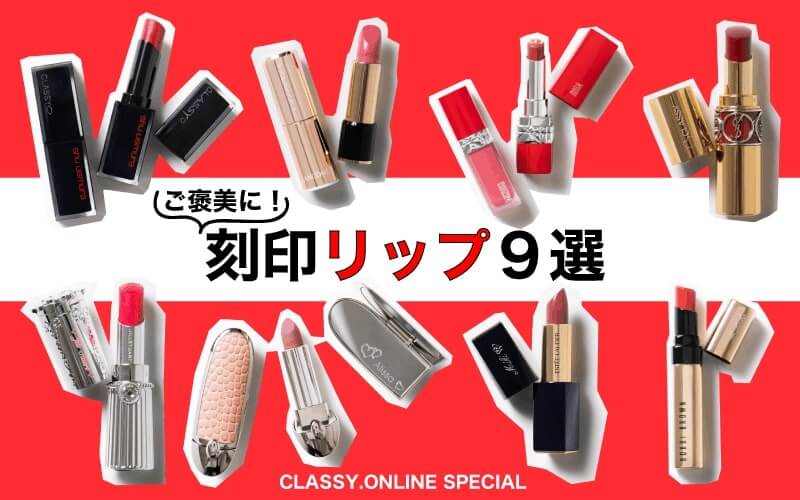
Don’t be shocked if you heard a salesperson ask you to try the new “lips” on. The Japangilsh word “lip” is the abbreviation of lipstick in English, so don’t have to be worried to see a shop selling “lips” at a department store, it is legal in Japan.
8. Cheek/ chiku チーク (blush)
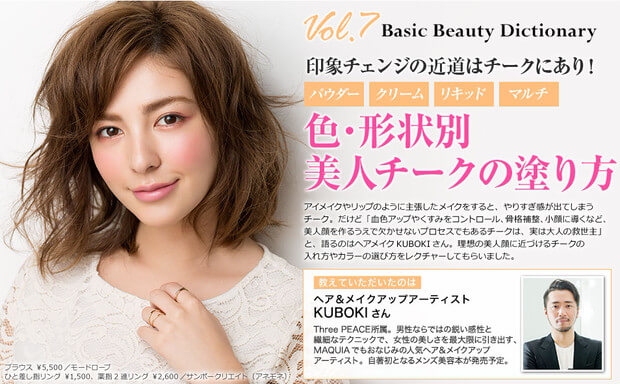
This sounds as funny as “lip” if you are trying to say “apply the blush to your cheek” and it turns into “apply the cheek to your cheek”. The word “cheek” does not represent the area on your face, but the make-up product to apply on your cheek.
9. Eyebrow/ aiburou アイブロウ (eyebrow pencil)
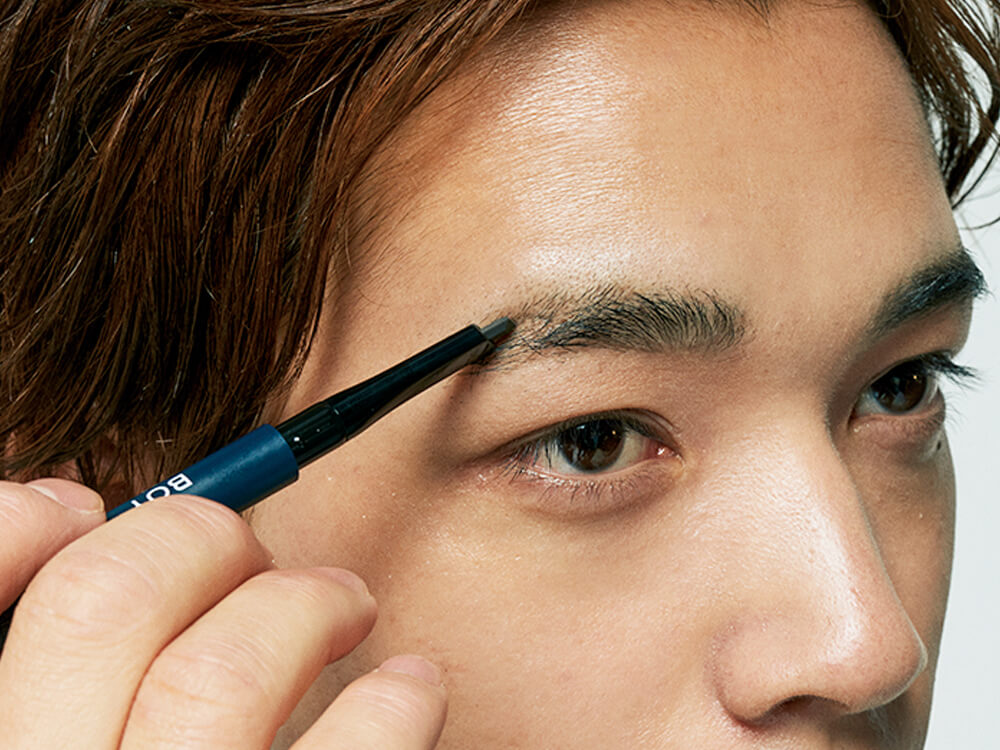
Once again, if you are looking for an eyebrow pencil, be brave and ask if they have an “eyebrow” for selling. It might sound strange but the word “eyebrow” in Japanglish indeed refers to “eyebrow pencil”.
10. Skinship/ sukinshipu スキンシップ (physical contact)
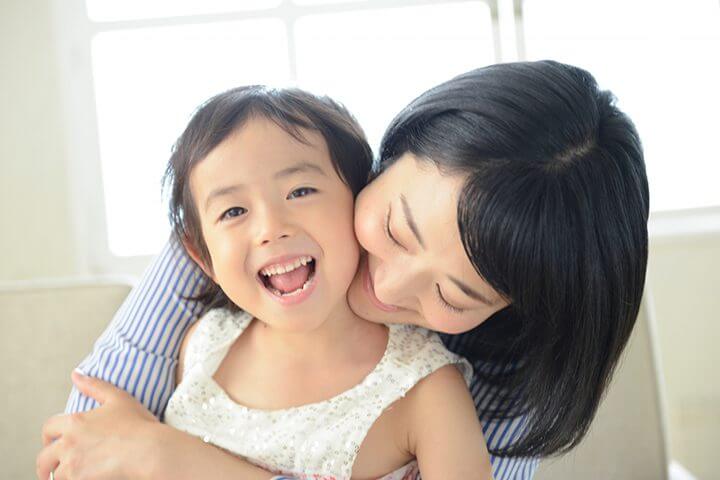
While you think “skinship” may refer to the state of skin or skin condition, you are wrong. The Japanglish word “skinship” means physical contact, such as shaking hands and hugging. The level of “skinship” is very important in Japan as it identifies the relationships between one anoth

